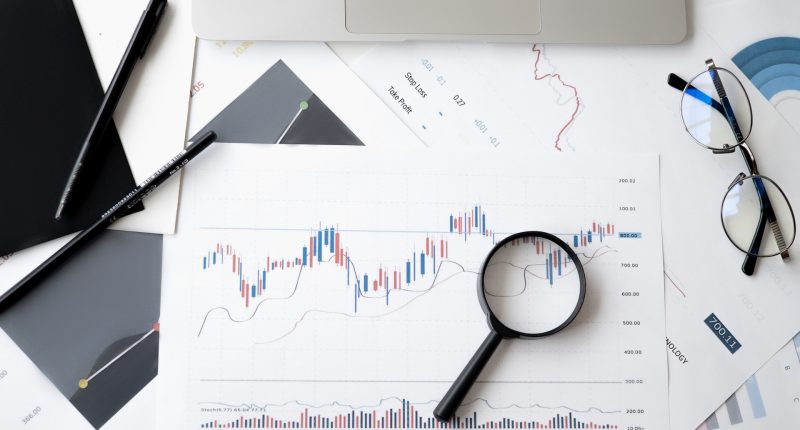Looking at market levels and wondering whether you should add more to your investment? Undoubtedly, one is beginning to question the usefulness of compound returns from here. You may feel that it is better to sit on cash than to invest now. Better to wait for a correction and lower the prices of NAV, right?
It is possible that the lower levels in the market may present a better buying opportunity in the near term. They corrected briefly due to the price correction in small and mid-caps. However, when you consider your investment from a ten-year perspective, it changes how you are likely to act.
If you have the incremental cash flow to invest, or if you have booked profits and are waiting for better levels to enter the market, here are a few reasons why you shouldn’t wait anymore.
1. Money lying idle, usually finds another purpose
Market levels are not in our hands, it may take weeks for the benchmark to correct or it may correct within days.
If money is sitting in a bank account waiting to be invested, it is usually either spent on consumption or invested in some other ” immediate opportunity” without proper analysis of return over investment.
The problem with the first way is that you are not creating wealth, with the second way the investment opportunity may or may not fit into your overall portfolio objective. Usually, the reason for going with a different investment is because of return, without a thorough analysis of the risks involved.
It is our need for immediate return that drives us to the best return option, rather than waiting for the opportunity we seek.

2. Later versus now is an expensive proposition
Let’s say you invest money immediately but in a staggered manner through planned systematic monthly investments and your investment horizon is 20 years. Rs 25,000 invested every month at 12% per annum for 20 years will make you an easy Rs 2.1-2.5 crores at the end. If you delay this start by 10 years, you will have to spend more than Rs 1,00,000 per month to build the same corpus in the remaining 10 years!
You have to invest 4x more for the same result if you postpone your investment for 10 years.
If you delay the investment for 1 year, you still have to pay out about 16% more each month to achieve the same result in 19 years. Delaying investing in equity mutual funds will cost you more in the long run than accumulating greater benefits from waiting for a correction.
3. It’s impossible to know what will happen
Apart from a cost-benefit analysis, it is practically impossible to assess with consistent accuracy how the market will behave in the short term.
It is much easier to analyze performance over longer periods such as five and ten years. Investing in equity mutual funds of a growing economy will produce proportionate returns over time.
The cost of keeping money in a bank account is much higher than investing now and catching the wrong end of a correction. If you invest patiently and regularly, over time the results will speak for themselves.
Read also about Building a mutual fund portfolio









